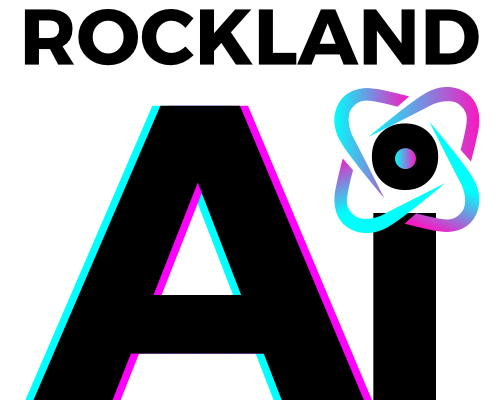
By Tom Ossa, CEO – RockWeb Systems Inc.
When I started out in web development over 20 years ago, it was like the wild west.
There were no standards. Just a few name brand companies such as GoDaddy, Network Solutions and Macromedia (which Adobe bought), and a lot of noise on how to do things right.
In the early days, like any wild west atmosphere – it was a struggle. I found myself finding a variety of ways to do things the right way, and I aimed my companies to stick with the best practices. But that doesn’t mean that our customers always bought into my concepts. Quite frankly, I left a LOT of money on the table, trying to educate the masses. Eventually, I settled in and decided to focus on our best clients – big and small – and let the rest go. It was more peaceful.
Over time, those name brand companies, and much of our custom web design processes, became more streamlined and to the point. The past five years (especially during COVID) we were able to – for lack of a better term – “commoditize” the basics of our process, and automate it. We set a price point, and adhered to the standards that we already knew were best practices.
Well, ladies and gentlemen…the Wild West is back. In the form of AI.
In the tech world, when a product becomes so common that it’s no longer a special advantage, it’s called “commoditization”. This is starting to happen with artificial intelligence (AI), much like it happened with personal computers and websites. Initially, creating a website was a big deal, offering a significant edge over competitors. But as tools and platforms became more user-friendly and accessible, almost every business ended up with a website. Today, having a website doesn’t set you apart—it’s just expected.
AI is nowhere near being a commodity yet. But it’s inching closer – and faster. It will be expected, in just about everything we do.
Much like those early days of web development, I feel it’s important to get in early – so that when ChatGPT, Claude, and other systems become the standard, you are in place to capitalize on them.
AI is also becoming more common and affordable, making it easy for any business to use. This shift means that AI might soon be as everyday as having a website. Just as the early days of the internet brought e-commerce, which evolved from a luxury to a standard way of shopping, AI is moving from being a buzzword to a regular part of business operations.
Experts like Nicolas Carr and others from the Harvard Business Review suggest that while AI can give businesses a temporary edge, this advantage won’t last, as more companies adopt AI. The key to standing out won’t just be about having AI but how creatively it’s used.
In short: The real winners will be those who use AI to innovate and improve their services or products uniquely.
Today, many companies use AI mainly to save time and money. I know I do. However, its role is expanding, and soon, AI will work quietly in the background, making businesses more efficient without much fanfare. This is similar to how, after the novelty wore off, websites became just another tool for business. They’re essential but not something that customers explicitly notice or businesses boast about.
AI is already blending into the background in many ways. It’s in the search and social algorithms that recommend what shows to watch, help track deliveries, or suggest the fastest driving routes. In healthcare, AI helps diagnose diseases like cancer more accurately and quickly. These uses are becoming so common that we take them for granted, much like how we do with websites.
AI is on a path from being a cutting-edge technology to a standard tool that businesses will eventually take for granted. Just like websites, the challenge for businesses won’t just be to use AI, but to use it in innovative ways that truly make a difference. Especially when it fades out of daily view.

